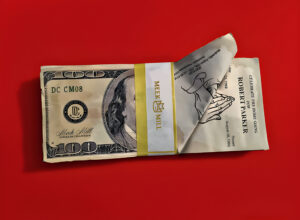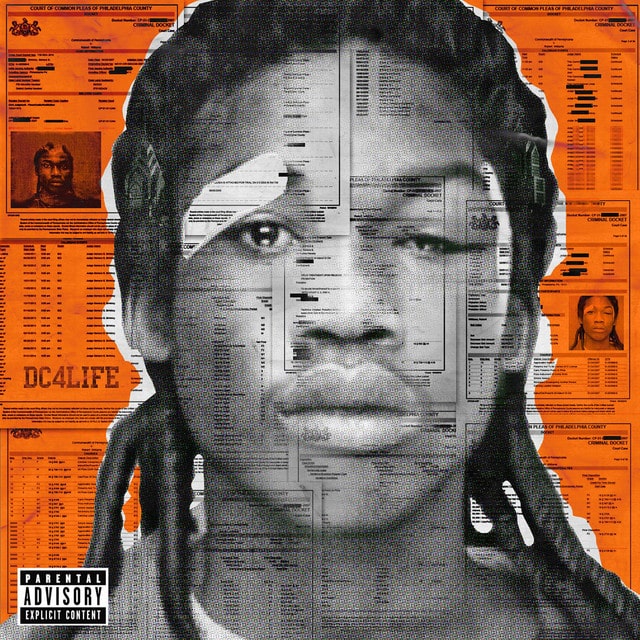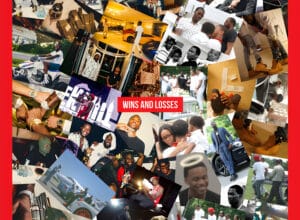Released: 2021
“Tweaking” by Meek Mill featuring Vory delves into the complexities of success, the dichotomy of good and bad in human relationships, and the challenge of remaining true to oneself amidst the trappings of wealth and fame. Meek and Vory explore these themes with confidence, using braggadocio and vivid imagery to emphasize their messages, touching upon the hypocrisy, jealousy, and fleeting nature of the music industry and personal relationships.
The hook delivered by Vory captures the song’s essence: “I like the way you work it. Never met an angel that was perfect. I never met a demon that was worth it.” Here, Vory acknowledges the imperfections inherent in people, even those perceived as good (‘angels’) and dismisses those deemed irredeemably negative (‘demons’). This sets a contemplative yet assertive tone, underlining a message of selective association in his world.
In the verses, Vory and Meek Mill intertwine their narratives, creating a seamless exploration of their status in the music industry and personal spheres. When Vory says, “They know the book Vor’ come with amenities and plenty fees,” he’s talking about the benefits and high cost of being involved with someone of his caliber, equating himself to a luxury item that comes with its own set of expenses and requirements.
Continuing with, “Your favorite model is not a ten to me, I got ten of these,” Vory indulges in boastful lyrics, suggesting that what others perceive as the pinnacle, he sees as common. It’s an exaggerated way to emphasize the level of success and abundance he’s reached.
Meek Mill, stepping into the spotlight, raps, “Old niggas hatin’ on the young niggas, damn, Young niggas wildin’ out, beefin’ on the ‘Gram,” which points to the generational tensions within hip-hop and the pervasive issue of public conflicts on social media. His concern is palpable when he mentions hoping money doesn’t make him lose who he is, hinting at the alienation wealth can cause.
Further in, Meek confronts his haters with “My haters linkin’ over my haters, it’s ten of y’all and y’all still couldn’t body me,” reflecting on how rivals team up yet fail to diminish his success or influence. The line speaks to the resilience he’s had to cultivate in the face of continuous criticism and adversity.
He paints a vivid picture of opulence and paranoia when he discusses luxury vehicles and “mansions ’round the corner from each other,” signifying the level of his wealth but also hinting at isolation by checking these homes through cameras rather than visiting them. The bars, “And niggas had the nerve to tell me I don’t be in the hood,” echo a common critique that successful artists lose touch with their roots, something Meek disputes here, although with an admission of moving in different circles now.
Throughout his verse, Meek doesn’t shy away from mentioning his past legal issues with lines like “I caught a case at eighteen, they still was puttin’ time with me,” expressing the persistent nature of systemic oppression even as one gains wealth and fame. This serves as a poignant reminder of the racial injustices within the legal system.
A particularly sharp observation comes in the line, “I’m used to ridin’ ’round in bulletproofs with like two or three switches,” illustrating a lifestyle accustomed to danger and a need for security. Despite success, there’s an ever-present undercurrent of threat that necessitates such precautions.
Finally, Meek concludes by highlighting the insubstantiality of others’ achievements: “I’m tired of hearin’ about y’all Pateks and them foreigns y’all leasin’.” By criticizing others who merely lease luxury rather than own, he asserts the authenticity and depth of his achievements over superficial claims.
“Tweaking” stands as a rich tapestry of commentary on personal growth, social dynamics, and the ephemeral nature of relationships within the music industry. Meek Mill and Vory manage to encapsulate a wide spectrum of issues through compelling storytelling, unapologetically revealing the trials and triumphs of their lives, painting an evocative picture of life at the top of the hip-hop hierarchy.








